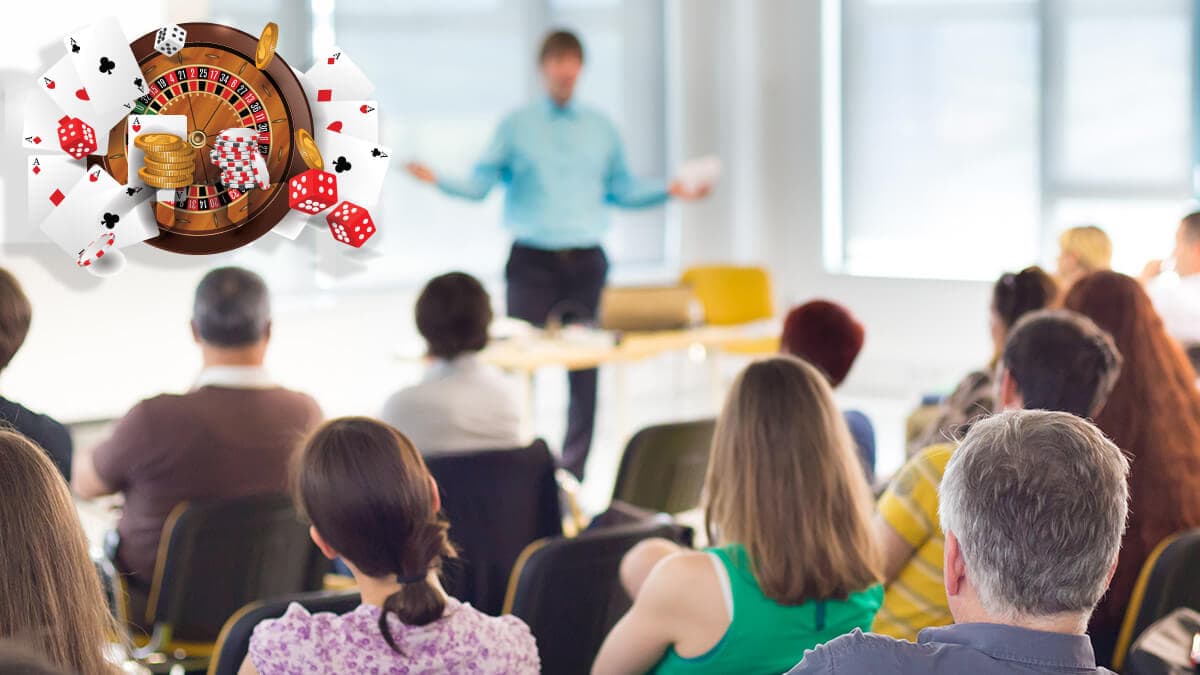
The gambling world is evolving all the time, especially since online gambling has become so popular. One way to stay current with all the latest topics and issues related to gambling is to listen to TED talks. The following three talks are recommended to help with gambling responsibly and highlight ways of thinking that can be profitable when gambling.
Responsibility in the online gambling industry
Speaker James Kosta tells about how online gambling companies must embrace their responsibilities. He touches on the dangers of underage gambling and how they need to curb underage online gambling with innovative solutions.
Kosta discusses why people gamble, such as to win money at a virtual casino. Younger people are more excited by the prospect of winning money, whilst older people may gamble more for the social aspects of the experience. By understanding the motivations to gamble, it is possible to limit irresponsible gambling behavior and gain the most benefit from it.
What can we learn from expert gamblers?
In one of the most popular Ted talks about gambling, Dylan Evans explains the relationship between intelligence and high-level gambling. He analyzes the performance and patterns of expert gamblers and makes a distinction between them and problem or leisure gamblers. Expert gamblers pursue profits in a cold, rational manner.
Evans describes different categories of players and what attributes they need to succeed. He cites a study on intuitive sports gamblers that reveals they were using statistical modeling based on seven variables but did so intuitively rather than intentionally. He distinguishes expert gamblers by a characteristic called “risk intelligence.”
One Piece of Advice I Hope You’ll Never Use
In this talk, Norman Beck describes his career as an insurance adjuster, where he developed certain skills. His company would run different promotions for gambling, and his skills translated well for this. It also translated well for handling business disputes and for other situations of a more personal nature.
When he learned he had a massive brain tumor and needed surgery, he framed the situation as a gambler would. His odds of surviving surgery were 50/50, so he knew he needed to improve the odds. He approached top surgeons to make sure he was getting the best odds he could. He concludes his talk by saying he hopes that anyone listening and finding themselves in a similar situation will try to improve their odds in the time-tested way they would do when gambling.
Leave a Reply